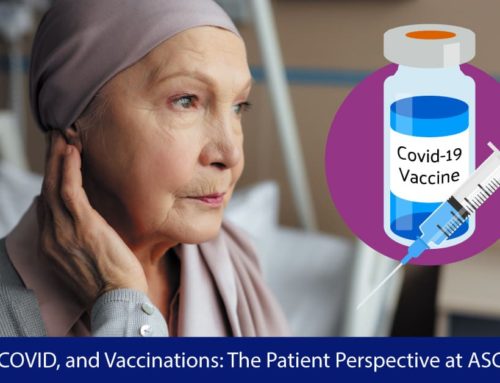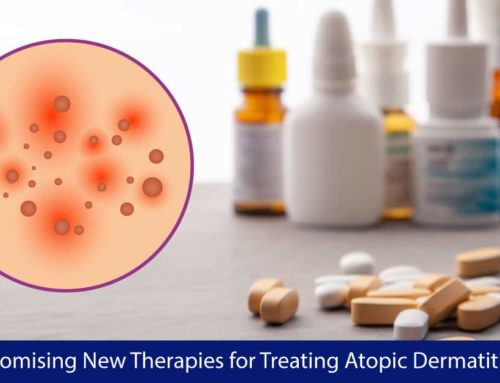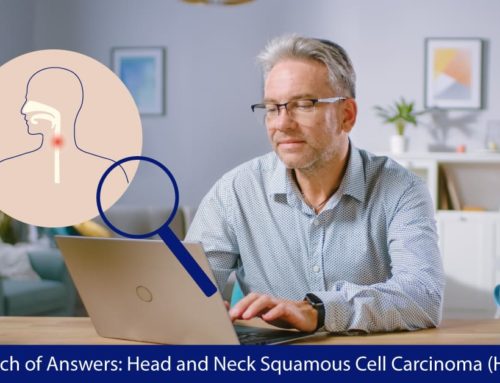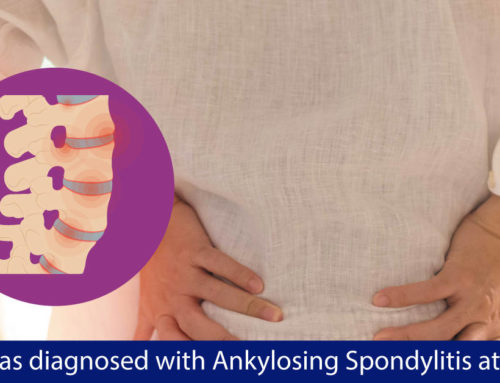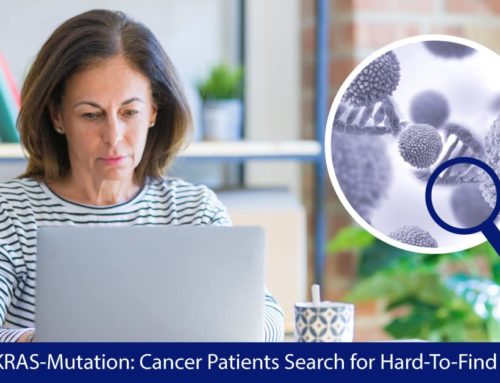Video Vignettes: Through Their Own Eyes: Ovarian Cancer
Members of the Ovarian Cancer Support Community on Inspire often refer to each other as “Teal Sisters*.” It’s a term of solidarity and camaraderie as they face their condition together. Their posts reflect and express warmth, concern, understanding and an eagerness to help.
Below we share a video by a Teal Sister describing her experience with ovarian cancer and the Ovarian Cancer Support Community on Inspire.
Getting advice
The best advice comes from people who have been through the experience before. Members of this community are open to questions on treatment and side effects.
One member asked,
“So I am starting chemo on Friday, taxol/carbo, 18 weeks straight through. Any tips or suggestions? My oncologist says I may not lose all my hair which seems counter to everything that I have read.”
She received 27 replies like this.
“I have been in the chemo chair over 100 times in the last six and a half years. My number one suggestion to you is to drink a lot of water. Three bottles, maybe more each day.”
Another member asked,
“Any recommendations for mouth sores/ roof of mouth hurts like crazy. I’ve been using magic mouthwash but it’s not working. 18 days post chemo from Doxil!”
She received 30 suggestions,
“Try making a paste of baking soda and water. Or just gargling with a more liquidy
water and baking soda.”
“When I was on Doxil, the dietitian gave me [something] that she got from the hospital pharmacy. It did a great job of numbing the sores.”
Survival statistics
Prognostic numbers over the past 40 years have not improved much for ovarian cancer. Over 25% of women with ovarian cancer do not survive a year after diagnosis and less than half are alive 5 years after diagnosis.1 Yet when a new community member asks,
“I know none of us knows exactly how much time we have on earth, Cancer or not. The internet has all these statistics about survival times. It’s funny that even an oncologist will not be honest with you about the most important question, ‘How long do I have, just a ballpark?’ Their absence of a discussion makes me feel that the answer is not good. My fight has been 6 months. I’m getting better, but what I read about recurrence, it’s almost a sure thing. I’m looking for survivors to chime in and tell me how long their fight has been.”
Members have an answer for these numbers.
“I was diagnosed IIIc grade 2 epithelial serous in May 1987 when I was 41 years old. I had 2 surgeries and 2 1/2 years of chemotherapy. My last treatment was March 1994. Over twenty nine years since diagnosis. Over twenty two years since last treatment.
My husband was told I had one chance in six of living two years. Thank goodness I never heard that. One gyn/onc told my husband to be prepared to raise our children alone. Thank goodness I never heard that. I never asked questions because I didn’t want to hear anything bad. No one knows the future.”
Another member responded:
“Do yourself a favor. Do not read statistics or allow your Dr. to quote them. That just keeps a whole lot of nonsense rolling through your head. It may not apply to your case whatsoever. No one knows. Not even the doc… That is THE SECRET to lasting. Any of the people who are going out years from diagnosis probably have that in common. They like to live. They are engaged in life and they are willing to go thru hell to stay in life”
Symptoms and risk factors
Although it has been called a silent killer, there are warning symptoms that are easy to ignore. This is one reason why only 15% of ovarian cancers are caught early. Women need to be made aware that even in early stages of the disease, symptoms– bloating, pelvic and abdominal pain, difficulty eating or feeling full quickly and urgency or frequency in urination—occur.1
Risk factors include inherited BRCA1 and BRCA2 mutations, having an inherited genetic condition called Lynch syndrome, a family history of ovarian cancer and a personal history of endometriosis. Other possible risk factors are associated with the number of menstrual cycles a woman has in her lifetime. A woman may be at increased risk if she started menstruating before the age of 12, has not had children or had her children after 30, started menopause after 50 or experienced infertility.1
The Ovarian Cancer Support Community on Inspire
Inspire partners with the Ovarian Research Fund Alliance to provide community for patients with ovarian cancer and their caregivers. Launched in 2007, the Ovarian Cancer Support Community on Inspire now has over 43,000 members and almost 60,000 posts.
*Teal refers to the ribbon color for ovarian cancer.
Inspire offers a trusted community to patients and caregivers. Our goal with this blog, this website and our content is to provide the life science industry access to the true, authentic patient voice. In so doing, we support faithful operationalization of patient-centricity. Take a look at our case studies, eBooks and news outlet coverage.
1 https://ocrfa.org/patients/about-ovarian-cancer/

